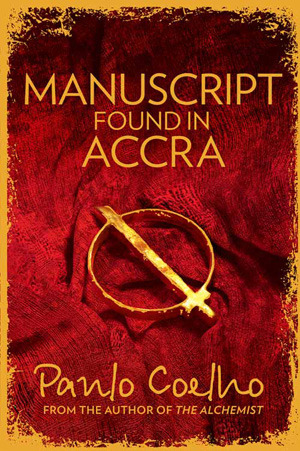We had the weekend off few weeks ago so we decided to go somewhere, as we had not have much in mind I suggested we go to Guildford, just for a walk to the library. They have 4 floors full of book of all sorts of subject. There we went and got 12 books altogether.
I started with this one as it was the slimmest from my pile.
Heda's story starts as the book title suggests in 1941, a daughter of prosperous Jew Czech, after the German annexation of Czechoslovakia her family and her are deported to Lodz ghetto, and then to Auschwitz, where her parents were murdered in 1944. In early 1945 she miraculously escapes the concentration camp during the march from Poland to Bergen-Belsen in Germany, in her words:
“People often ask me: How did you manage? To survive the camps! To escape! Everyone assumes it is easy to die but that the struggle to live requires a superhuman effort. Mostly it is the other way around. There is, perhaps, nothing harder than waiting passively for death. Staying alive is simple and natural and does not require any particular resolve.”
We've all heard many stories about Auschwitz and its horrible's account, but Heda's story basically starts with the end of all that. She thought the hardest was to arrive in Prague alive, but as hard as that was to keep herself alive afterwards. All those people she called friends before the war, no longer wanted to see her face at their door when she came begging for shelter. They could not risk their life and the life of their own family for her. Many rejected her with shame, others with not much sympathy, but somehow she managed to be alive until the end of the war. She says before they were all Czechs, now they were Czechs and she was a Czech Jew, what before never made any difference, now was the difference between being alive or dead.
The end of the war came and she discovered her sweet heart Rudolf Margolius seemed to be still alive, they reunited, got married and had a child called Ivan. Rudolf was very convicted of his political views and could not be away from politics, he joyed the Communist Party and became a deputy minister of foreign trade. Things were good at some point, until problem aroused again. In 1951 Rudolf was arrested as many other members of the Party were arrested alleging they were conspirator against the Party. The couple exchanged letters during this time, the government confiscated all Heda's valuable belonging and money. People crossed the street when they saw her coming, the wife of a traitor! A year later it was announced Rudolf and another 10 government officials were trialed, confessed and so were all sentenced to death and hanged. She felt seriously sick but the hospital doctors discharged her after learning who she was. For a miracle she survived once again. Her child was always being looked after family friends, only after he turned 15 years old she sat down and explained who his father was and the reason for his death.
After Stalin’s death in 1953, the grip of the totalitarian Communist state faltered. The figurehead of totalitarianism had fallen and with it the totality of its control. Throughout the Soviet Bloc political prisoners were suddenly, and quietly, being released. The three men tried with Rudolf who had been given life sentences instead of death were among those released and rehabilitated.
Heda now remarried with Pavel Kovaly was allowed to read the statement:
"The innocence of Rudolf Margolius has been established beyond a shadow of a doubt. He did not in any way harm the interests of the State. On the contrary, a thorough review of his case has concluded that he fulfilled his duties in an exemplary manner. Had his proposals and plans been implemented, our national economy would have reaped considerable benefits"
The Prague Spring began in 1968, when reformist Alexander Dubček was elected First Secretary of the Communist Party of Czechoslovakia, and only ended on the 21 August when the Soviet Union and other members of the Warsaw Pact invaded the country to halt the reforms. By that time Heda's son Ivan was in London, far from the country which killed his father, Heda's new husband Pavel was in the USA, she rushed to the border to fled the country, she managed to do so by train a few weeks later.
(from Guildford library)








